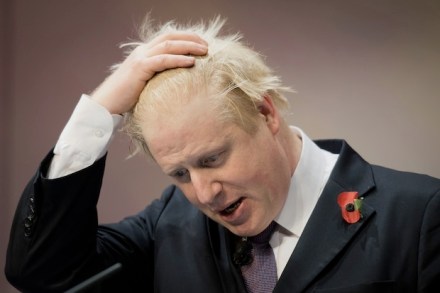Boris and ballots: what might happen to the Tory party in 2015
What are Boris Johnson’s real chances of becoming Tory leader? I examine the Mayor of London’s standing with Conservative MPs in my Telegraph column today – and it is fascinating how polarised opinion is about the Mayor in the Tory party. His supporters insist he is the only hope for the Conservative party, while those who don’t want him to lead really, really don’t want him to lead and display a fair bit of personal hatred when talking about the Mayor. But the problem that those in the anti-Boris camp have is that they can’t see who else from the current group of well-known leadership hopefuls would enjoy the same


















